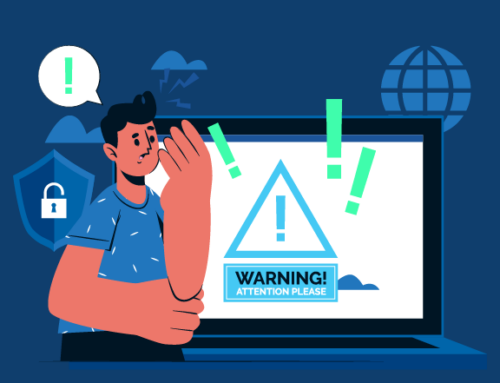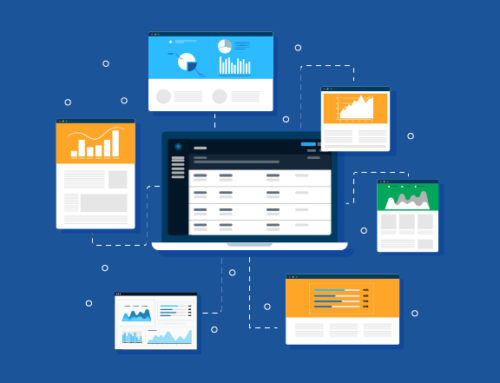The internet has become an essential part of our daily lives. From remote work to streaming entertainment and staying connected with loved ones, a reliable internet connection is no longer a luxury but a necessity. However, as the demand for online services continues to grow, Internet Service Providers often face the challenge of managing network congestion to ensure their customers are satisfied with their service.
Let’s explore how ISPs can balance these demands and maintain a great reputation while keeping their customers happy.
Prioritizing Network Upgrades

One of the primary ways ISPs can manage network congestion is by continually investing in network upgrades. Modernizing infrastructure to support higher bandwidth and improved technologies allows ISPs to keep up with the ever-increasing demand for data. Fiber-optic networks, for instance, provide faster and more reliable connections, which can help alleviate congestion issues. By doing so, ISPs not only enhance their service but also reduce the need for energy-hungry data centers.
Smart Traffic Management
Effective traffic management is crucial for ISPs to ensure fair access and prevent network congestion. With Quality of Service (QoS) mechanisms, ISPs can prioritize different types of traffic, such as video streaming, online gaming, and web browsing. This ensures that critical applications receive the bandwidth they need while preventing bandwidth-hungry applications from slowing down others.
Data Optimization
ISPs can also employ data optimization techniques to reduce the amount of data transmitted across their networks. These techniques can include data compression, caching, and content delivery networks (CDNs). By optimizing data delivery, ISPs can reduce the strain on their networks, decreasing the likelihood of congestion while also decreasing energy consumption.
Transparency and Communication
Clear communication with customers is vital for maintaining their satisfaction. ISPs can manage expectations by providing accurate information about network performance and any potential congestion issues. Informing customers about peak usage hours and possible slow-downs during those times can help them plan their activities accordingly. Transparency about network maintenance and upgrades can also help manage customer expectations.
Encouraging Responsible Usage
ISPs can promote responsible internet usage among their customers. This includes educating users about the consequences of heavy bandwidth consumption during peak hours. Encouraging off-peak usage for large downloads or updates can help distribute network traffic more evenly. ISPs can also offer tools and resources to help users monitor their data usage and make informed decisions about their internet habits.
Final Thoughts
Internet Service Providers play a critical role in our digital lives, and their ability to manage network congestion directly impacts customer satisfaction. By prioritizing network upgrades, implementing smart traffic management, optimizing data, and promoting responsible usage, ISPs can ensure a seamless online experience for their customers.




